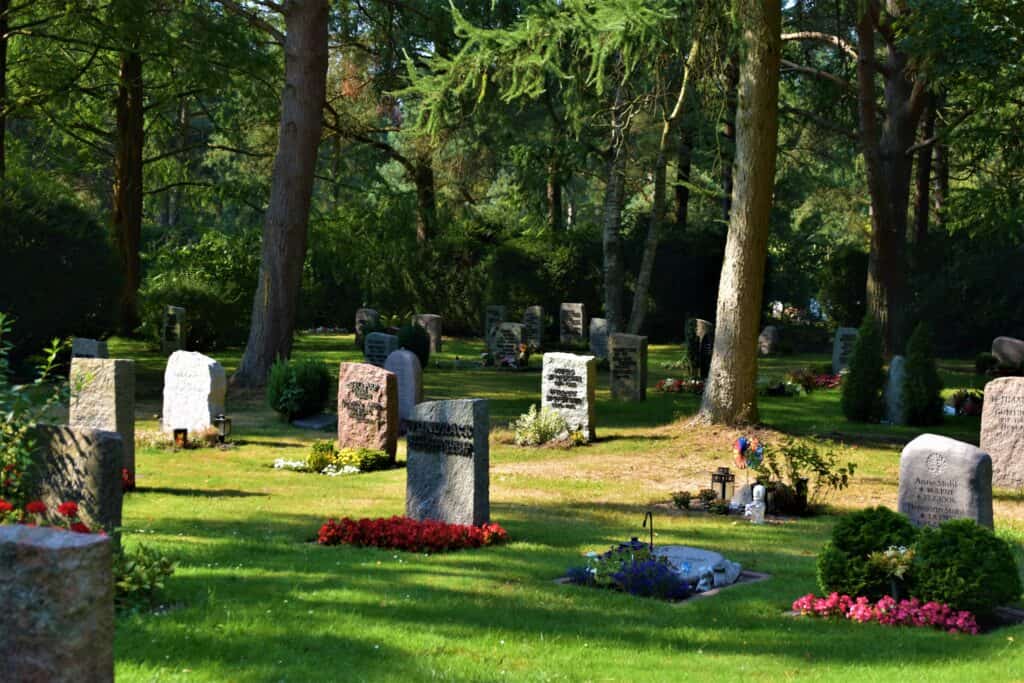Dependency, Death, and Dying

Author: Faith in Later Life
Towards the end of his life, my great-grandfather began to lose his smile.
His wife, my great-grandmother, was receiving palliative care in a nursing home and he’d felt her absence acutely. Sadly, for the first time in decades they were apart and as a result he had to be reassured every day that she hadn’t yet gone to be with the Lord. It wasn’t long, however, before she did. Not much time passed between her funeral and his own and I’d found myself hoping to be reassured too. I wasn’t yet ten years old, but I was told that as a man I was expected not to cry in order to support those who did.
I’m glad I still remember my great-grandparents, but the memories of their last few months on earth and of their funerals still sting.
This kind of experience still echoes on in many ways today. Though it’s far less common to encourage people not to cry at funerals, a lack of knowledge as to what to do or say in the face of the death of those we love, or of our own deaths has only grown. For the last few decades death has been pushed further and further out of our social consciousness, until Covid hit.
Post-pandemic many of us who have long ignored the concept of death have been forced to face the reality of it and as a result western society has attempted to face those rising questions. The Queen’s funeral further compounded this sense of collective grief, but it doesn’t seem like there is much comfort for those who mourn. Even more concerning is the rising calls for elective suicide—otherwise known as euthanasia—to become enshrined in UK law, as well as in other western countries.
As Christians, what should our response be?
In Matthew 5:4 (ESVUK) we read: “Blessed are those who mourn, for they shall be comforted.”
John Wyatt, who came and spoke with us last week at our latest Faith in Later Life Event, spoke about our need to be dependent on others, not only in later life but from the very beginning. As a Paediatrician, Prof Wyatt helped many across the threshold of life, through births and, sadly, through death.
These experiences, through the furnace of faith, forged a greater and deeper understanding of the ways in which God comforts us in life, especially through his word and through the love of others.
Though this seminar speaks primarily to dependency in life, especially towards the end of life, it is important to recognise the place death and dying have in this conversation. For those of us who have faced the deaths of others, or even faced down the possibility of dying ourselves, it may have been made clear to us that we need to prepare for those eventualities, but have found ourselves ill-equipped to do so.
We hope that in watching this event you’ll be able to start on that journey of understanding with John’s guiding voice to help you on your path. John doesn’t only bring medical knowledge to this conversation, his language isn’t surgical and he speaks from personal experience of his own dependency. Simply put, John speaks with wisdom, another gift we rarely speak about in our society today, but which we all desperately need.
I hope this will be a comfort and an encouragement to you today.
Grace and Peace,
Adsum Try Ravenhill
Church Champion Lead
